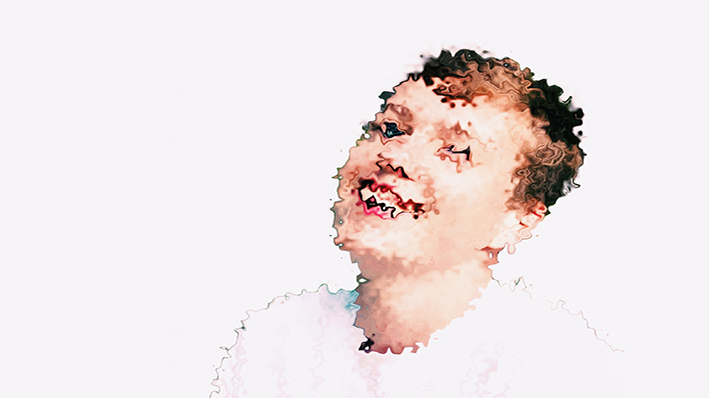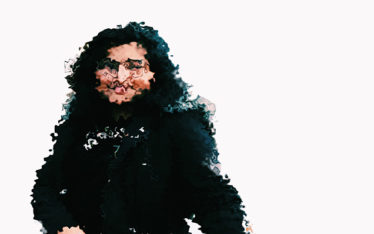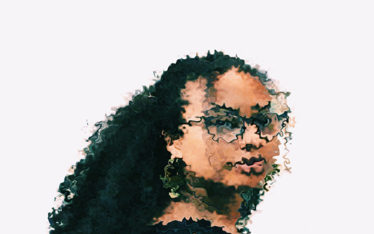
“There is increasing opportunity for immigrants of color to pursue their dreams and make a contribution to one of the countries with the world’s highest achievement of equality and individual freedom,” reports Yes! magazine. “A majority of Norwegians continue to want this.”
Where did you grow up?
Mats Jensen: I grew up in the western suburbs of Oslo, Norway. Oslo is known for being, in addition to many of the other Nordic capitals, one of the cities with the highest life quality. However, the city is also socially and economically divided, with the western part being far wealthier and more developed than its industrial counterpart in the East of the city.
Exposure to cultural/ethnic diversity?
Cultural and ethnic diversity are often topics discussed in school as well as in Norwegian society as a whole. I remember the curriculum in high school making us question “what it means to be Norwegian”, looking beyond cultural clichés and focusing more on values shared by everyone.
Norway is quite an ethnically diverse country, especially Oslo. I had the chance to grow up in an area with a very ethnically diverse population, with children with parents from 14 different countries in my primary school class. However, this diversity isn’t always as strong in all parts of the country and in Oslo, with a large proportion of kids growing up without seeing anyone else looking different than them.
What was the degree of awareness of racism in your upbringing?
At home, racism wasn’t really a topic we addressed often, that being said I would like to stress that I was not oblivious to racism in my upbringing. Furthermore, throughout the years I realized the need to raise these issues, especially with certain members of the family who held beliefs that were far from compatible with principles of equality.
Are you aware of institutionalized racism’s existence in your respective country?
Despite Norway being considered one of the most egalitarian countries globally, there is still a clear presence of institutionalized racism. Firstly, I would like to say, that Norway does not only have forms of institutionalized racism, but this is also coupled with a clear islamophobia. For instance, a former government party has repeatedly claimed that there is an ongoing hidden Islamization of Norway. Such claims from a party with close to 15% of votes is highly alarming.
Furthermore, one can also find a clear discrimination on the labor market, with job seekers with a “foreign sounding”-name being 50% less likely to get a job interview than their counterpart with an ethnically “Norwegian sounding”- name. A final example is the fact that youth from minority backgrounds in eastern Oslo are being heavily targeted by police for possession of weed, being charged at a rate 3 times that of their white counterparts in western Oslo, despite youth in western Oslo being 2 times as likely to have used weed.
Degree of your own awareness of racism in your everyday life/community?
Having to answer these questions now of course means that I, along with several others, have had the chance to reflect on racism in my everyday surroundings and in my community. Nevertheless, I’m aware that in my community, both at Sciences Po and in Norway, there is sometimes a limited awareness of racism. This mindset is especially present in Norway, where many seemed, at least until recently, to believe that racism and discrimination were not part of our society. Nonetheless, I would say that in light of the BLM movement and protests both globally and in Norway, this awareness is growing stronger.
How has anti-racist activism been received in your respective country?
Anti-racist activism has overall been received very well in Norway, with more than 15 000 people showing up to demonstrations on a rainy day in Oslo in support of George Floyd. Nonetheless, this type of activism has also faced some criticism, notable from the aforementioned far-right party, claiming such protests jeopardize the public wellbeing during the Covid-19 pandemic.How is your country addressing the issue?
Do you think it could be doing better at working to solve racism?
First of all, this question has no apparent answer, and one should also remember that the BLM-movement has only just gotten its message heard in Norway. Norway has a more subtle form of racism. In the sense that police brutality is very limited (likely due to extensive training of police officers), racism often manifests itself in a more economic nature, through discrimination in the work force or unreasonable rent prices and challenges finding housing.
Existing measures to combat racism in Norway include a trial period of anonymized job applications to improve the chances of minorities. The police have decided to actively recruit officers with varied cultural and linguistic backgrounds, in order to increase diversity within the police force and better communicate with ethnic minorities that encounter the police.
Despite these measures, I believe there is still a way to go in terms of fighting racism within the Norwegian society. The focus should be on stronger state regulations in the rental market in order to prevent unfair treatment of minorities, not just in the public– but also the private sector. Furthermore, I support the trials of anonymized job applications, but would also like to see more active usage of quotas in the labor market, which Norway has a tradition of doing with, for instance, women.
About the Article
Racism in Norway, a snapshot by an individual reflecting on his homeland.



